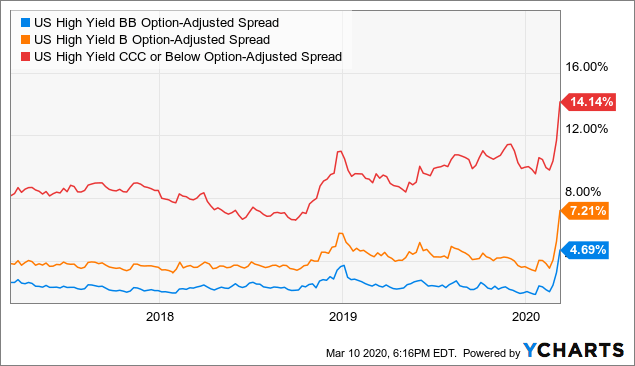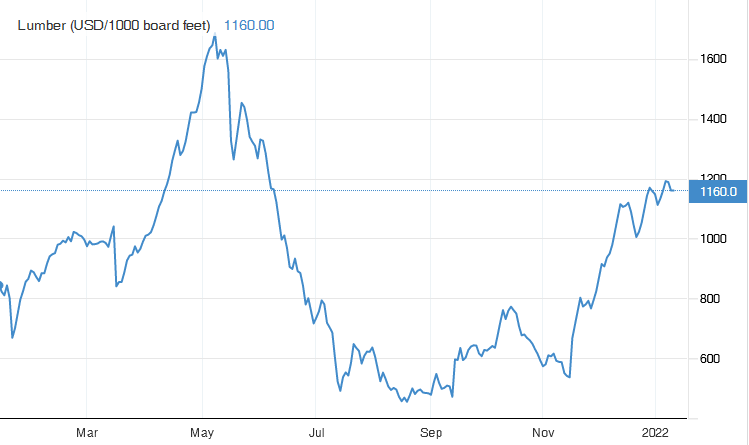
If you are looking for ways to increase your net worth, investing in real estate can be a good choice. You can make a quick profit but long term it can be a safe place for your money. Real estate is a smart investment that can help you keep your money safe in times of economic turmoil.
Leverage
You can increase your investment's return by using leverage. This involves borrowing money from a lender to finance your real estate purchase. This can be done through loans and mortgages. However, you should know that leveraging requires a lot of knowledge and effort on your part.
In addition to increasing the returns, leverage also helps you buy properties that you would not otherwise be able to afford. You might be interested in buying a property that can generate high rental income, but you don't have the funds to pay Rs. 1 crore on it, you can leverage your real estate investments by taking out a loan. This will help you increase your cash flow as well as provide you with a better tax advantage.

Tax benefits
One of the biggest tax benefits of investing in real estate is the ability to defer taxes. The Internal Revenue Code permits you to defer taxes and allow you to write off some of the property's income as capital gain. This means that investing in real property is more tax-efficient than other income-generating products. Jane could have invested $100,000 in an equity asset that would pay 6% per annum. She subsequently sold the position five years later for the same price. She received $6000 in distributions over those five years and only paid taxes on a portion.
Real estate investments offer another tax benefit: you can deduct any expenses you incur when purchasing or maintaining real property. This applies to residential and commercial property, industrial buildings, shopping centers, and vacant land. Investing in real estate is an excellent way to save money on taxes, as it provides a steady cash flow and allows you to claim a number of deductions.
Predictable cash flow
It is possible to predict how much cash you will receive from your rental property. This is one of the many benefits to investing in real-estate. This will allow you to avoid investing in properties that do not bring you the income that you desire. It will also help you budget for the different expenses you will face as a landlord, which can vary from month to month. Knowing your cash flow will help you plan for unexpected expenses like repairs and maintenance.
You should look into commercial real estate if you are looking to earn a steady income monthly. These properties usually have a high rate of occupancy. To ensure steady rental income, many owners strive for a 90% occupancy rate.

Self-sustaining asset
These assets can be self-sustaining and provide a steady stream of income. They can also rise in value at a steady rate with inflation. These assets are also good for the environment, and have many advantages over other investments. These assets are renewable and water-based, and use local materials. They are also less harmful to the environment and have lower utility bills.
These benefits aside, real estate can be a self-sustaining asset that is vulnerable to changes in consumer demands. Changing consumer demands are making many conventional properties obsolete. This is what Schumpeter called creative destruction back in 1950. The impact of climate change upon property assets and capital markets is another important factor.
FAQ
What is the difference?
Brokers specialize in helping people and businesses sell and buy stocks and other securities. They handle all paperwork.
Financial advisors are experts in the field of personal finances. They use their expertise to help clients plan for retirement, prepare for emergencies, and achieve financial goals.
Banks, insurance companies and other institutions may employ financial advisors. Or they may work independently as fee-only professionals.
Take classes in accounting, marketing, and finance if you're looking to get a job in the financial industry. Also, you'll need to learn about different types of investments.
Who can trade in stock markets?
Everyone. There are many differences in the world. Some have better skills and knowledge than others. They should be recognized for their efforts.
But other factors determine whether someone succeeds or fails in trading stocks. If you don’t have the ability to read financial reports, it will be difficult to make decisions.
These reports are not for you unless you know how to interpret them. You must understand what each number represents. It is important to be able correctly interpret numbers.
You will be able spot trends and patterns within the data. This will help you decide when to buy and sell shares.
And if you're lucky enough, you might become rich from doing this.
How does the stock markets work?
You are purchasing ownership rights to a portion of the company when you purchase a share of stock. The company has some rights that a shareholder can exercise. He/she has the right to vote on major resolutions and policies. He/she can seek compensation for the damages caused by company. He/she also has the right to sue the company for breaching a contract.
A company cannot issue more shares than its total assets minus liabilities. This is called capital sufficiency.
A company with a high ratio of capital adequacy is considered safe. Companies with low ratios are risky investments.
What is a fund mutual?
Mutual funds are pools or money that is invested in securities. Mutual funds offer diversification and allow for all types investments to be represented. This reduces risk.
Professional managers oversee the investment decisions of mutual funds. Some funds let investors manage their portfolios.
Mutual funds are preferable to individual stocks for their simplicity and lower risk.
What's the difference among marketable and unmarketable securities, exactly?
The differences between non-marketable and marketable securities include lower liquidity, trading volumes, higher transaction costs, and lower trading volume. Marketable securities, on the other hand, are traded on exchanges and therefore have greater liquidity and trading volume. These securities offer better price discovery as they can be traded at all times. But, this is not the only exception. There are exceptions to this rule, such as mutual funds that are only available for institutional investors and do not trade on public exchanges.
Non-marketable securities tend to be riskier than marketable ones. They typically have lower yields than marketable securities and require higher initial capital deposit. Marketable securities can be more secure and simpler to deal with than those that are not marketable.
A large corporation may have a better chance of repaying a bond than one issued to a small company. The reason is that the former will likely have a strong financial position, while the latter may not.
Because of the potential for higher portfolio returns, investors prefer to own marketable securities.
Statistics
- US resident who opens a new IBKR Pro individual or joint account receives a 0.25% rate reduction on margin loans. (nerdwallet.com)
- Ratchet down that 10% if you don't yet have a healthy emergency fund and 10% to 15% of your income funneled into a retirement savings account. (nerdwallet.com)
- For instance, an individual or entity that owns 100,000 shares of a company with one million outstanding shares would have a 10% ownership stake. (investopedia.com)
- "If all of your money's in one stock, you could potentially lose 50% of it overnight," Moore says. (nerdwallet.com)
External Links
How To
How to Trade Stock Markets
Stock trading involves the purchase and sale of stocks, bonds, commodities or currencies as well as derivatives. Trading is French for traiteur, which means that someone buys and then sells. Traders trade securities to make money. They do this by buying and selling them. This is the oldest type of financial investment.
There are many methods to invest in stock markets. There are three main types of investing: active, passive, and hybrid. Passive investors do nothing except watch their investments grow while actively traded investors try to pick winning companies and profit from them. Hybrid investors take a mix of both these approaches.
Passive investing involves index funds that track broad indicators such as the Dow Jones Industrial Average and S&P 500. This strategy is extremely popular since it allows you to reap all the benefits of diversification while not having to take on the risk. All you have to do is relax and let your investments take care of themselves.
Active investing is about picking specific companies to analyze their performance. Active investors will look at things such as earnings growth, return on equity, debt ratios, P/E ratio, cash flow, book value, dividend payout, management team, share price history, etc. They will then decide whether or no to buy shares in the company. They will purchase shares if they believe the company is undervalued and wait for the price to rise. On the other hand, if they think the company is overvalued, they will wait until the price drops before purchasing the stock.
Hybrid investing is a combination of passive and active investing. You might choose a fund that tracks multiple stocks but also wish to pick several companies. In this scenario, part of your portfolio would be put into a passively-managed fund, while the other part would go into a collection actively managed funds.